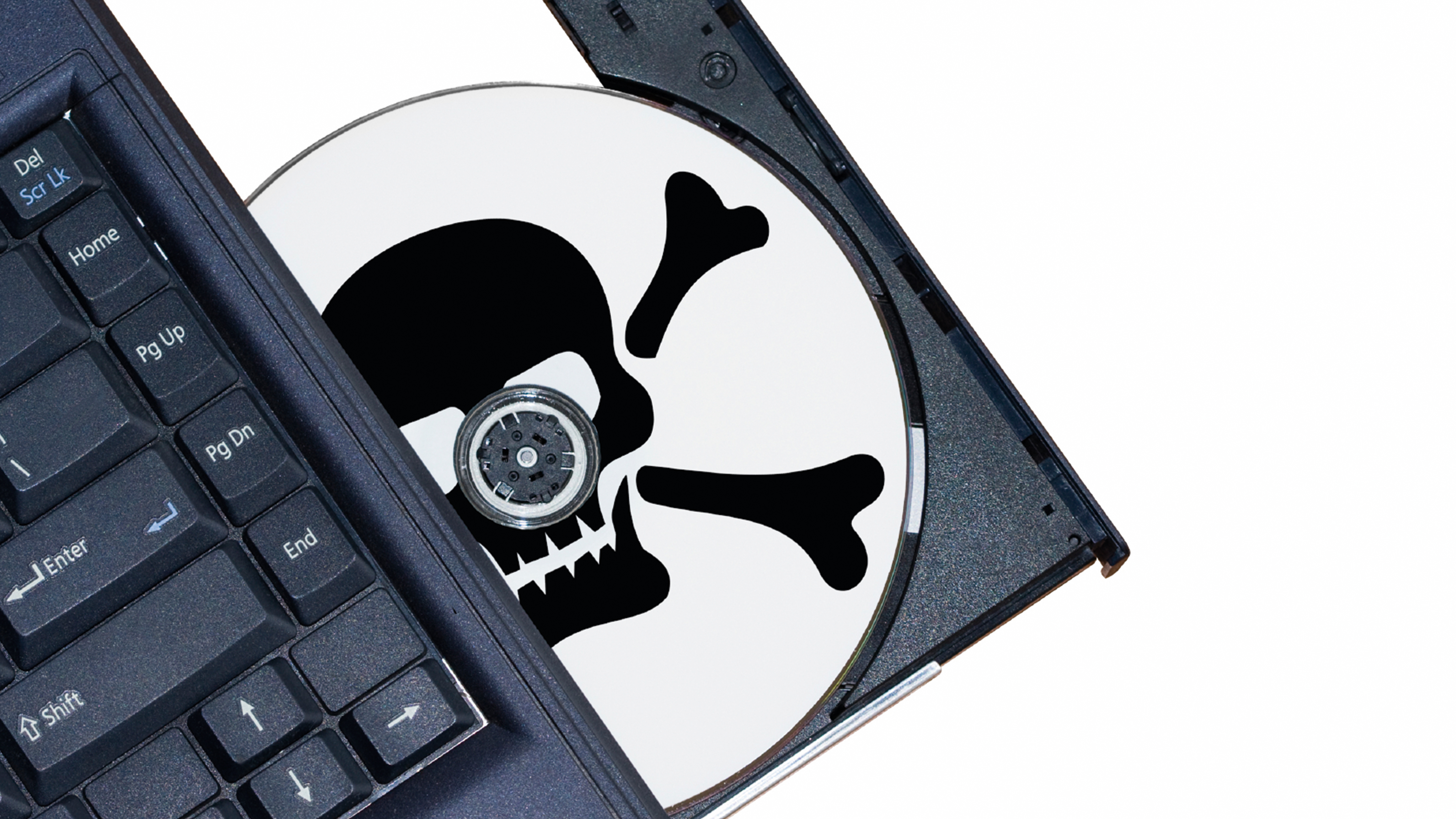Rights holders - it's your fault people are paying for pirated content
Take a look in the mirror, rights holders

New research from Google and PRS for Music reveals that the UK is still big into piracy – and willing to pay for it.
Why is Google looking into this? Well, Google's interest in this issue stems from the heat it cops from record labels, film studios and other rights holders for being unwilling to block entire sites and continuing to show links to sites offering pirated content in its search results, although it does remove individual links for search results when requested to (31,922 were removed between July 2011 and June 2012).
For a small fee we could probably have told Google and PRS most of what it found out – people flock to free sites, quelle surprise – but this is the first time we've seen such a large amount of actual data relating to the actual business of piracy.
While most of the money lining pirate-sites' pockets comes from display advertising, it turns out that plenty of people are handing over cash in exchange for pirated films, music, ebooks and the like.
Plunder
The report discovers this but then largely glosses over the fact, choosing instead to focus on the display advertising that rights holders can likely shut down, and the fact that payment providers, which labels and studios can also have a quiet word with, are facilitating these donations.
But there's no effect without cause – the fact is that these people are willingly paying for pirated content instead of legitimate stuff. There's no exact figure for how many people are using the user-funded sites, but even the smallest figure is 7,800 visitors per site per month (subscription sites).
Catalogue woes
Perhaps it's the catalogue availability that people are looking for – plenty of films, for example, are still difficult to find via legitimate means.
Sign up for breaking news, reviews, opinion, top tech deals, and more.
You just try and watch Final Destination on Lovefilm, Netflix, iTunes, Blinkbox, YouTube rentals… it's just not there. It's not anywhere. If I wanted to watch Devon Sawa avoid death in increasingly ridiculous ways at this exact second, I'd have to go out to a shop and buy it or click on over to my local pirate.
The original Final Destination is not a recently released blockbuster and I'm ready, willing and able to pay to watch it, so why isn't there a legitimate copy available to me online?
It boils down to rights and, as we've said before, rights holders can't expect to stamp out online piracy until they stamp out in-fighting and over the top exclusive deals leaving at least a portion of their potential audience out in the cold.
Time to grow up
Of course, there are other issues to contend with: physically finding legitimate outlets online is a hassle – an issue that the industry talks a good talk about but seems to be pouring more effort into getting Google to block piracy links instead of increasing awareness among consumers.
The pricing issue, too, is always going to be a sore point – it's pretty difficult to contend with very cheap and free, even with excellent-value deals like £5 a month for Lovefilm Instant.
We're not denying that some web users are out to get something for nothing, but the creative industries seem to have their heads in the sand.
Instead of working on positive solutions (like cooperative libraries of every film, song, book and picture you could ever find yourself likely to suddenly feel like watching, listening to, reading or looking at that travels the land on the back of a wish-granting unicorn), labels and studios are sniping at individual websites, totting up all the money they've lost and playing fast and loose with laws that have serious implications for the future of the internet.
Unless we all grow up, this isn't a game any of us will win.
Former UK News Editor for TechRadar, it was a perpetual challenge among the TechRadar staff to send Kate (Twitter, Google+) a link to something interesting on the internet that she hasn't already seen. As TechRadar's News Editor (UK), she was constantly on the hunt for top news and intriguing stories to feed your gadget lust. Kate now enjoys life as a renowned music critic – her words can be found in the i Paper, Guardian, GQ, Metro, Evening Standard and Time Out, and she's also the author of 'Amy Winehouse', a biography of the soul star.